Beijing, 1 Ramadan 1436/June 18, 2015 (MINA) – Adding to Uighur Muslims’ concerns, some parts of the far western Xinjiang district have banned Muslim party members, civil servants, students and teachers from fasting during the holy month of Ramadan, reviving every year’s religious restrictions.
“China is increasing its bans and monitoring as Ramadan approaches. The faith of the Uighurs has been highly politicized, and the increase in controls could cause sharp resistance,” Dilxat Raxit, spokesman for the exiled Uighur group, the World Uighur Congress said, On Islam quoted by Mi’raj Islamic News Agency (MINA) as reporting.
Raxit decried Chinese authorities’ calls on Uighur civil servants not to observe fasting in Ramadan, seeing it as aimed at controlling the Islamic faith.
According to the government’s website, halal restaurants in Jinghe County, near the Kazakh border, were encouraged by food safety officials to stay open during day hours in Ramadan.
Also Read: At Least Nine Children and One Woman Killed in Pakistani Airstrike on Afghanistan
Halal restaurants that will keep its doors open in Ramadan will be rewarded by fewer visits from food safety inspectors, the website stated.
Tougher religious restrictions have been introduced in Maralbexi county where party officials are forced to give verbal as well as written assurances “guaranteeing they have no faith, will not attend religious activities and will lead the way in not fasting over Ramadan,” state media reported.
Every year, Chinese authorities have repeatedly imposed restrictions on Uighur Muslim in the northwestern region of Xinjiang every Ramadan.
In Ramadan, adult Muslims, save the sick and those traveling, abstain from food, drink, smoking and sex between dawn and sunset.
Also Read: Pakistan Condemns Israeli Settler Attacks in West Bank, Al-Aqsa Storming
Earlier in December, China banned the wearing of Islamic veiled robes in public in Urumqi, the capital of the province of Xinjiang.
The law in the predominantly Muslim region came as Beijing intensified its so-called campaign against religious extremism that it blames for recent violence.
Uighur Muslims are a Turkish-speaking minority of eight million in the northwestern Xinjiang region.
Xinjiang, which activists call East Turkestan, has been autonomous since 1955 but continues to be the subject of massive security crackdowns by Chinese authorities.
Also Read: China Criticizes US-Drafted UN Gaza Resolution as Vague, Abstains from Vote
Rights groups accuse Chinese authorities of religious repression against Uighur Muslims in Xinjiang in the name of counter terrorism.
Earlier in 2014, Xinjiang banned the practicing of religion in government buildings, as well as wearing clothes or logos associated with religious extremism.
Last May, Muslim shops and restaurants in a Chinese village in northwestern Xinjiang have been ordered to sell cigarettes and alcohol or face closure. (T/P006/R04)
Mi’raj Islamic News Agency (MINA)
Also Read: Former Bangladesh PM Sheikh Hasina Sentenced to Death





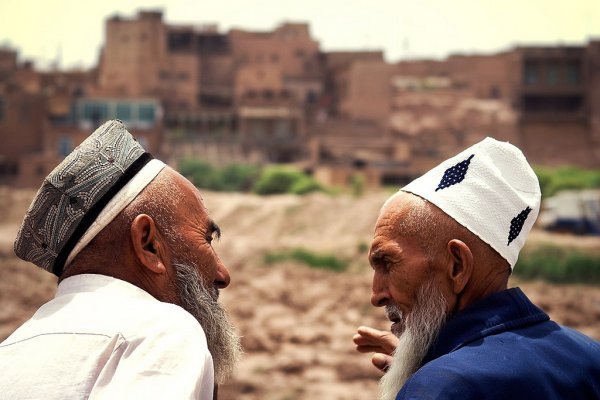



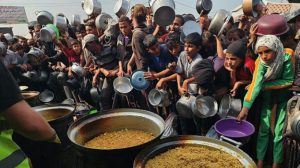


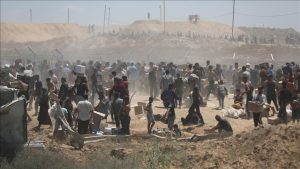



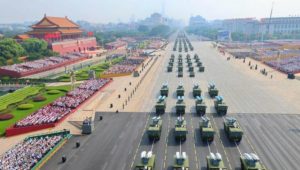
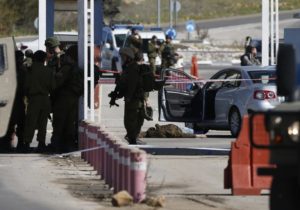
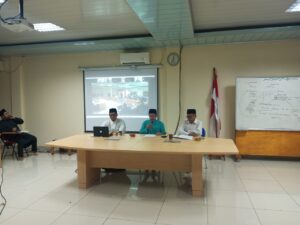
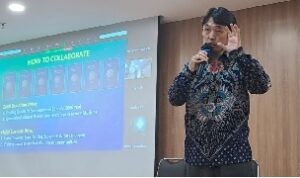

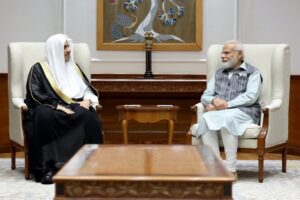













 Mina Indonesia
Mina Indonesia Mina Arabic
Mina Arabic